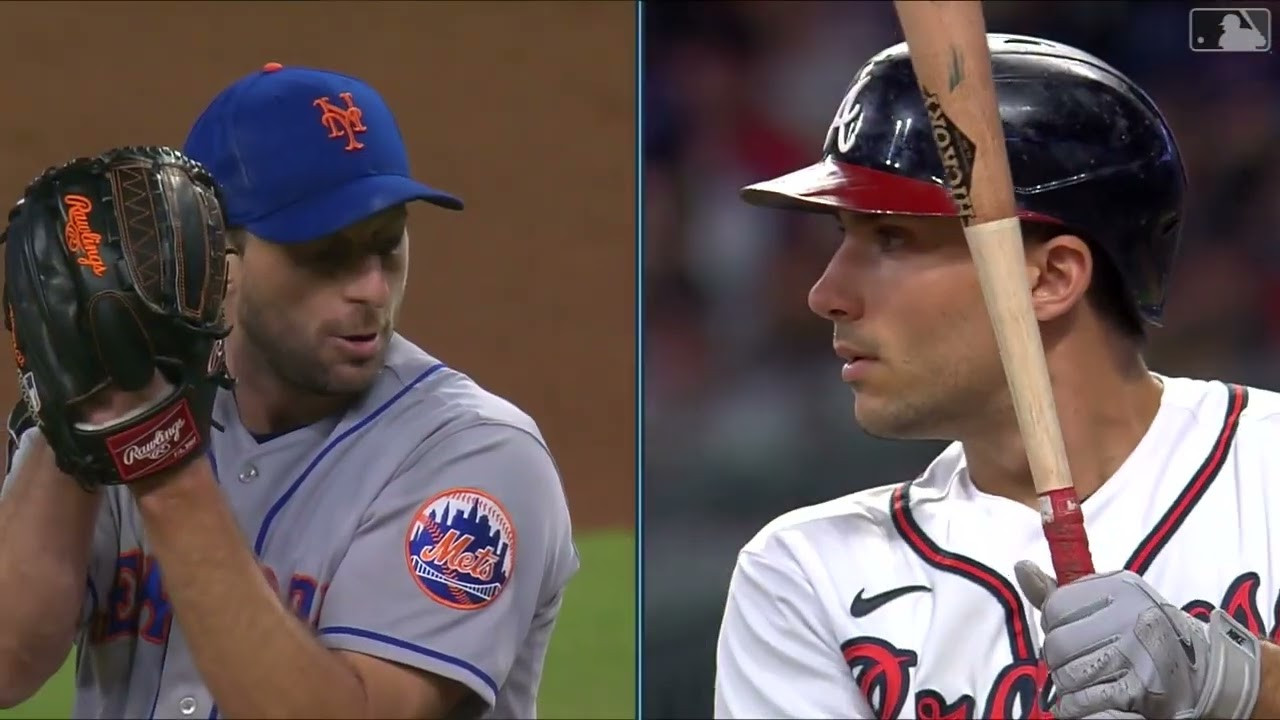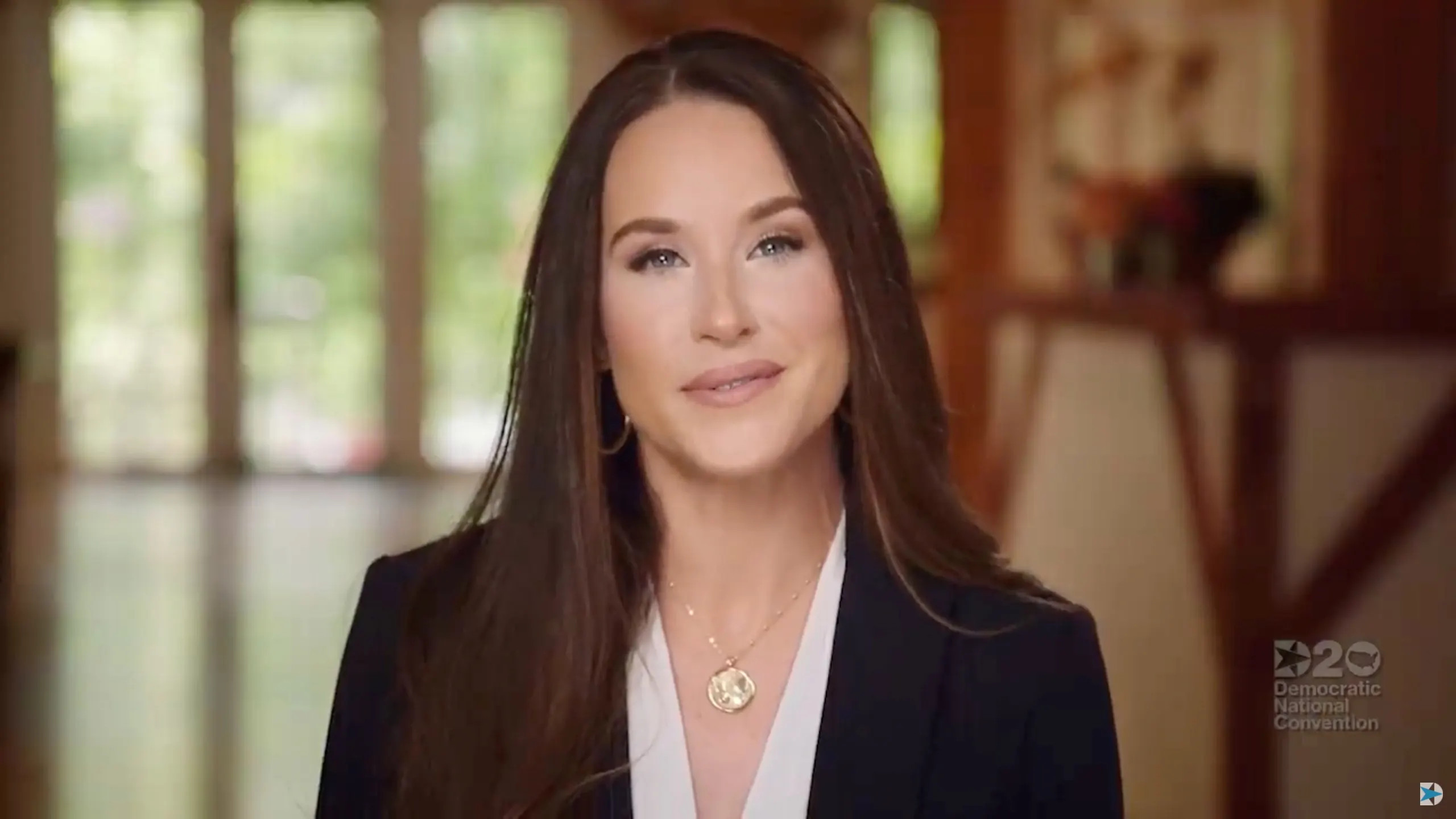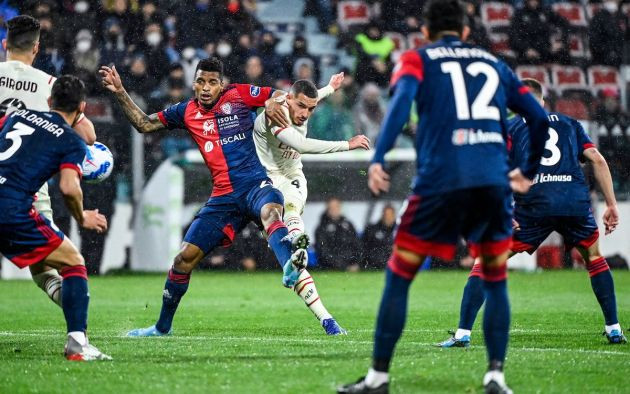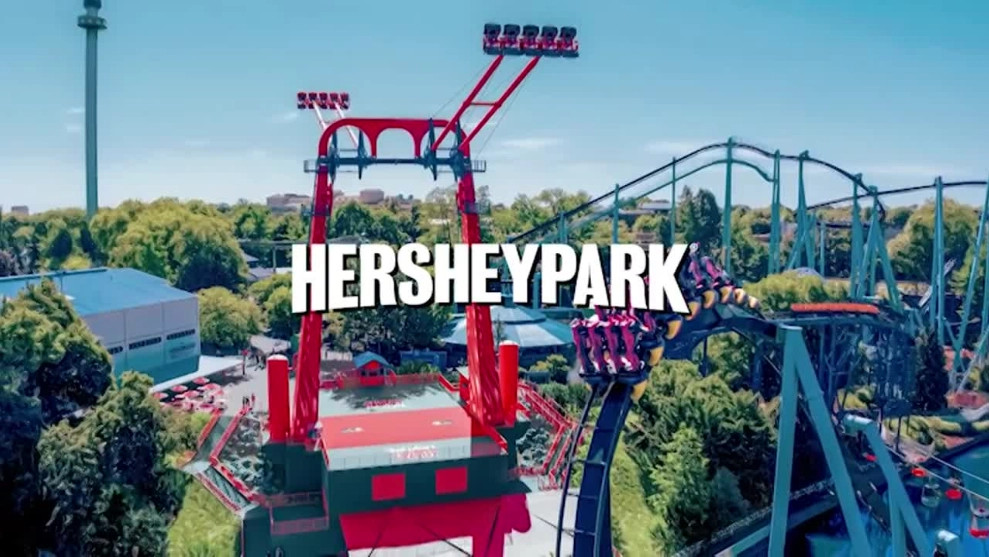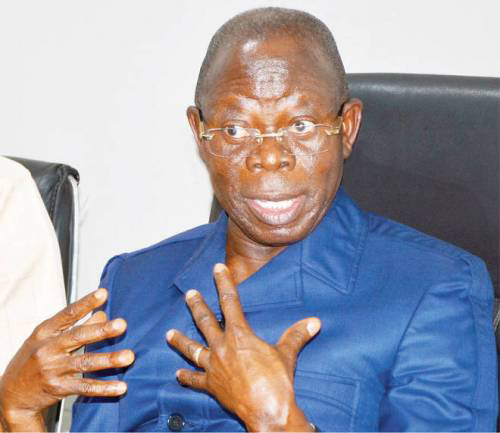Unless you possessed a crystal ball or David Stearns’ special knowledge/faith in his team, the Mets looked like they were headed for a transition year with the potential to play .500 baseball in 2024. Then they started playing, and even that looked optimistic.
The Dodgers, meantime, were viewed as an unstoppable force after doling out more than $1 billion last winter for international superstar Shohei Ohtani, coveted young right-hander Yoshinobu Yamamoto and assorted others, adding to a crazy collection of holdover stars.
Yet there they stood, dead even in the National League Championship Series heading into Game 3 at Citi Field on Wednesday night. And guess what? In at least some ways, if not most, the Mets hold the edge. Here’s why they should be favored in by far the more interesting series going on (and if you doubt that, check the ratings!):
There’s a reason Dodgers manager Dave Roberts called this his “most challenging season,” and this is probably reason one through five. The Dodgers employ a veritable All-Star team of starters, but most of them remain out (Tyler Glasnow, Clayton Kershaw, Gavin Stone, Dustin May, Tony Gonsolin, Emmet Sheehan and River Ryan, plus of course Ohtani, at least as a pitcher for now) or slumping to the point of being unusable (Bobby Miller).
That leaves a rotation of three, and even they have questions attached to them. Jack Flaherty shut down a flat Mets team in Game 1, but he’s been battling a lower-back issue most of the year, to the point where the Yankees backed away from a trade for him. Flaherty’s a pro and his location was pinpoint, but the Mets looked off for the only time this October following a few days off and their cross country flight. (Dodgers folks actually wondered why they didn’t fly out a day earlier and work out at Dodger Stadium.)
Yamamoto was one of the most ballyhooed and beloved free agents ever, but he’s currently a five-inning pitcher whose patented split finger isn’t what it was since a midsummer shoulder concern. Mets people tried hard for him, and they also still believe in his talent (and youth), but from here he doesn’t seem like a superstar — at least not yet. “Three-hundred million doesn’t get what it used to,” one old-time scout sniffed (it was actually $325M plus a $50.6M posting fee).
Then there’s Game 3 starter Walker Buehler, a former October star who isn’t the same since his second Tommy John surgery. He appears to be starting out of necessity more than belief. I mean, how many bullpen games can you throw?
Roberts saved the Dodgers’ key pen trio of Evan Phillips, Michael Kopech and Blake Treinen once the Mets grabbed a six-run lead in Game 2. And maybe they have enough left to get through another series where the relief contingent throws the majority of innings. But at some point, you wonder when they will burn out.
With only three starters on the roster, they will need to throw another bullpen game unless they can wrap things up in five. That’s only good news for the Mets.
The great Ohtani put on a show in LA’s Game 1 victory over the Padres but hadn’t done much since entering Game 3. One oddity is that while he was 0-for-19 with no runners on base, he still was 6-for-8 with runners on. That would actually work better if he weren’t the leadoff man, but in any case, they aren’t the stats you’d expect from league’s certain MVP.
He didn’t sound too concerned on workout day, saying, “If I’m feeling good and the results aren’t there, then I’m not too concerned because there’s luck involved.”
Well, so far the Mets are a little lucky because he’d been off since Game 2 of the Division Series.
Dodgers folks say he’s even limping on his way in from the parking lot and that it’s a miracle he’s still (mostly) playing with his severe ankle injury. Frankly, it looks painful just to watch him play these days.
Some folks love the spotlight, and Vientos, who suffered two demotions to Triple-A Syracuse this year, seems to be one of those guys who plays better under the bright lights.
Vientos called what’s going on with him “surreal” a week ago, and that was several big moments ago. He led MLB in hits and RBIs this postseason entering Wednesday, and feels like the biggest threat in a Mets lineup with three $20M-a-year players.
The home field isn’t such a big deal in baseball, but it is cold, which provides a nice contrast from LA, where it’s perfect day after day. The crowd was crazy Wednesday for the Mets’ first NLCS game in nine years. Fans understand they’ve got a decent shot at this, and maybe even better than that.
As the National League Championship Series shifts to New York, so does MLB on FOX analyst John Smoltz, who'll be in Queens to continue covering an even series between the Dodgers and Mets.
Before Game 3, the Hall of Fame pitcher shared his thoughts on a Dodgers Game 2 bullpen game that unraveled on them, what makes Sean Manaea and Game 3 starter Luis Severino so productive this year, whether he'd move Shohei Ohtani out of the leadoff spot, if he thinks certain players are built specifically for October, what's impressed him most through two games and more.
Kavner: Through two games, who do you think has the upper hand right now between the Dodgers and the Mets?
Smoltz: The advantage, for sure, goes to the Mets and the starting pitching. That's kind of an obvious, just because of what the Dodgers don't have. But it all comes down to, this series and the past series, especially with the Dodgers, a lot of it has been determined through four innings. And if you think about baseball being played in the regular season, that was never the case. You would be a little more patient. I think the Dodgers are in a position now to really use leverage guys if they are up early, and they won't wait around to get anybody in trouble.
Now, what happened in Game 2 was not the protocol they were hoping for. But you think about what both teams did, it wasn't really a typical starter for either team. Game 1 for the Mets, you could say they used a starter, but he wasn't going to go more than two or three innings. He didn't have it. The game got out of hand. For the Dodgers, I think the fact that the way they were going to have to use their bullpen, if the score was different, maybe they use higher leverage guys in situations that they didn't use because the score got out of hand. So, you're really seeing managerial decisions based on the early — or lack thereof — execution by both clubs.
Kavner: It seemed like Dave Roberts had been pushing all the right buttons in terms of pitching matchups this postseason. Did you like the decision to go with a bullpen game for Game 2, and were you surprised that the Dodgers saved their best arms once they fell behind?
Smoltz: I think I was surprised a little bit by the order. If they would've lost Game 1, I think the order would've changed, and I don't think you would have seen that scenario play out. Now, you're hoping Landon Knack does his thing. He didn't, and the grand slam broke the game open. That changed the whole narrative of how and who he used after that. So, I think that they didn't have the full resources. Of course, they've lost Alex Vesia, which hurts, and they probably didn't have a couple of guys that weren't ready based on using them the day before.
So, that's the problem the Dodgers face. Now you have three games in a row where they have to use their leverage guys, and they're hoping to use them in winning situations, and not just to keep it close. That's the nightmare for the Dodgers. Now, on the flip side, their offense can take care of a lot of things if they do their thing, but the Mets are going to have something to say about that with Luis Severino, Jose Quintana. They got their guys ready to go to battle a totally different strategic game than what the Dodgers are going to be playing.
Kavner: We at least know the starters for the next two games: Walker Buehler versus Luis Severino and Yoshinobu Yamamoto versus Jose Quintana. When looking at those two matchups specifically, who do you think has the advantage?
Smoltz: What the Mets have been able to do is show that they were a pretty darn good starting staff in the second half. They stayed healthy; they got it done; they've got guys on a roll. You know, the postseason is a different monster. You still got to be able to go out and execute your pitches. And I think with Severino, he's one of the most dynamic arms in all of baseball. When he's healthy, he could do some pretty incredible things. He has every weapon to get any hitter out. And I think for the Mets, they're going to rely heavily on that, and they're going to rely on the calm, cool, left-handed, not-throwing-hard pitcher in Jose Quintana. I think he's an under-the-radar-pitcher that nobody really pays attention to until he goes to a streak that he's been through in this year.
On the flip side, the Dodgers are going to have two pitchers that when they're healthy, they're equally as dominant as these two pitchers we're talking about. Buehler, now on the second time having Tommy John, he's just a tick off, and we saw what Yamamoto can do when he's healthy. Now, the challenge is going to be, do they pitch him at a rest that's not typically the normal rest that he is used to? I think they have to, and I think that this last game gives them confidence in what he's able to do.
Kavner: We saw Sean Manaea carve through the Dodgers lineup with his lowered arm slot. Is it that simple, as far as what makes him such a difficult matchup right now? Does another Mets starter pose as great of a threat?
Smoltz: I think the biggest thing for Manaea, my goodness, he's got that fastball that hitters just don't see because the arm angle throws across his body. Now, what Severino does, he has three different fastballs. He's got the two-seamer, the fastball, the four-seamer, and then the cutter. And I think the ability to manipulate the baseball on both lanes and both sides of the plate is what makes him so difficult. And if he stays out of the middle, then he's going to be a tough, tough out. And I think that's the one dynamic when he first broke into the league, 98 mph fastball that has two different movements to it. Man, that is such a luxury, and he's showing, when he's healthy, what kind of pitcher he can be.
Kavner: In light of Shohei Ohtani's dramatic splits with runners in scoring position compared to when no one is on, would you consider moving him down in the lineup or keep him in the leadoff spot?
Smoltz: You got to keep him there just because of the threat. When he gets on base with nobody on, he's going to be an absolute beast. We haven't seen the running game because he's always hitting with people in scoring position when he's doing his damage. So, yeah, you leave him there. You know that this is just a numerical oddity, and you think it's going to turn and when it does turn, it will certainly bode well for the Dodgers.
Kavner: Sticking with some numerical oddities, I know we've seen some guys who seem to thrive this time of year while others who might be superstars struggle. Do you think there are certain players who are built for October, or is that just a year-to-year, small-sample deal that will always fluctuate?
Smoltz: I know everybody that is in the business of stats wants to put an absolute on things. You can't do that when it comes to the postseason. There are guys whose heartbeat, whose mind, whose concentration goes to the next level, that just doesn't do so in the regular season. And some people say that when you float the regular season, you kind of go through the long battle, then, all of a sudden, you get in a lockdown and think about things differently. And so, there is such a thing as clutch. I know that's a hard thing to quantify for people, but there is such a thing. And guys are built differently.
The guys who are kind of more ADD, that seems to lock them in the postseason versus the entirety of a season. It's just a hyper focus, and then there's a heartbeat, and a heartbeat gets faster when there's pressure and there are games that matter a little bit more, and you're asked questions. You've got to be able to handle the narratives of all the things that come with the postseason that aren't rightfully fair. You just have to learn how to deal with that and be in the moment, present, and not afraid to fail. You would be shocked how many people are afraid to fail because of the notoriety. Everyone wants to be known for something great. They don't want to be known for something bad, like, "How could you make that play? How could you drop that ball? How did you strike out five times in a row?"
Those are the things that get magnified. So, 100 percent, there are guys who historically can come up big that normally, maybe in the regular season, they're just kind of average. And I think that's the human nature, and that's the beauty of the postseason that everyone wants to quantify, but can't really grasp. How does that happen?
Kavner: Finally, I know we're excited to see what could be a lengthy series. But through two games, has anything in particular surprised or impressed you from either side?
Smoltz: The Dodgers' ability to respond. All the pressure in the world's on them. If I'm the Mets, I'm going to keep putting as much pressure on them. But the thing that has surprised me is not that the Dodgers are built differently, but this attitude, like, we know that all the pressure's on us, but we're going to find a way to win. That's not a Dodger model that was in spring training. The Dodger model was, "We are better than you. We're built better than you. We got stars, we got studs, and we're going to roll." They put together an incredible team, and I think it's an interesting dynamic now, going all the way back to Game 4 against the Padres, where there were so many stories being ready to be written that had to be thrown away.
And so there's a little bit of that attitude that I know Dave Roberts likes, and you match that with the unprecedented, unexplainable New York Mets' journey, where they're sitting there with their chest out going, "You know what, nothing's going to bother us. We've already been through the car washing." I know that's an intangible, but I think it's something that you wouldn't associate with the Dodgers, fair or not, because of their roster and their payroll. It's not part of their DNA. It's like, they're just better, and now they're having to deal with things that other teams are going, "Yeah, see, guess what? We got to deal with that, but we don't have the reserves and the quantity. Good luck doing that."
I'm interested in that mindset of how they come out in Game 3. What do they do if they fall behind? And we've seen a special sauce that both teams have in different routes, different ways to get it done.




